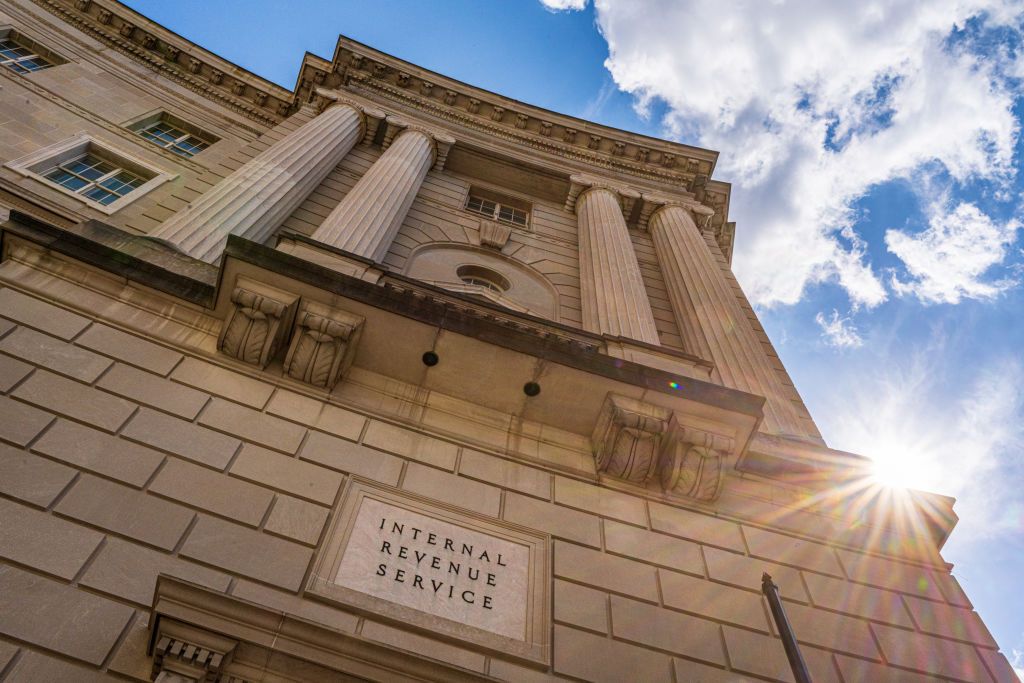
Crypto’s Estate Planning Problem: A Wake-Up Call
As 2024 draws to a close, cryptocurrency stands at a turning point. Bitcoin has crossed the $100,000 mark and digital assets have solidified their place in investment portfolios of all sizes. Yet, amid these milestones, a critical, yet overlooked issue remains: the estate planning challenges unique to cryptocurrency and other digital assets.
A Looming Crisis: Estate Planning in a Digital Era
Unlike traditional assets, cryptocurrencies and digital assets operate outside established estate planning frameworks. Their decentralized nature, reliance on private keys, and pseudonymity make them revolutionary. Butwithout proper planning, crypto holdings can be lost forever, become embroiled in legal disputes, or heavily taxed.
This vulnerability is not hypothetical. Chainalysis reports that nearly 20% of all bitcoin is lost or stranded, much of it likely due to the misplacement of private keys or owners dying without a plan for the now-valuable assets transferring to their heirs. As billions of dollars in digital wealth continues to accumulate, the risks tied to inadequate planning grow exponentially.
With the Tax Cuts and Jobs Act (TCJA) of 2017 set to sunset in 2025, legal frameworks surrounding wealth transfer may undergo significant changes (while Congress appears likely to act, it is not assured). For cryptocurrency holders, this moment represents both a wake-up call and an opportunity to reassess their plans to protect and pass on digital assets to future generations.
2025 Tax Law Changes: A Catalyst for Action
The TCJA temporarily doubled the federal estate, gift, and generation-skipping transfer (GST) tax exemptions, allowing individuals to transfer up to $13.99 million, tax-free, in 2025. Without new legislation, however, these exemptions will revert to approximately $7 million per individual on January 1, 2026 (adjusted for inflation). This reduction will subject a greater share of estates to federal taxes, making planning for cryptocurrency even more urgent.
Additionally, the IRS’s new reporting requirements for digital assets, which will go into effect on January 1, 2025, will increase reporting requirements and scrutiny. Pursuant to the Inflation Reduction Act of 2022, Congress has allocated billions of dollars to the IRS, including a bolstering of the agency’s staff and an increased focus on the pursuit of crypto enforcement.
Legal Strategies for Cryptocurrency Estate Planning
To address these challenges and seize opportunities before the tax law changes, cryptocurrency holders should consider these strategies:
1. Draft Digital Asset-Specific Estate Plans
Traditional wills and trusts often fall short when dealing with cryptocurrency. Comprehensive estate plans must create a succession plan, including instructions for accessing private keys, wallets, and recovery phrases (without creating security vulnerabilities). A secure, regularly updated inventory of digital assets is critical to ensure heirs can locate, access and manage holdings effectively.
2. Capitalize on Gift Exclusions and Lifetime Gifting
With the current high exemption levels, now is the time to transfer digital assets out of taxable estates. Gifting cryptocurrency to heirs or placing it in irrevocable trusts can lock in tax savings before exemptions are reduced in 2026. Charitable remainder trusts also allow for tax-advantaged transfers, benefiting both heirs and philanthropic causes.
Additionally, the annual gift tax exclusion will rise to $19,000 per recipient in 2025. Married couples can gift up to $38,000 per recipient tax-free. Regular use of these exclusions allows incremental reductions of taxable estates over time.
3. Embrace Multi-Signature Wallets and Collaborative Custody
Strategic use of multi-signature wallets and collaborative custody can enhance both security and estate planning. By collaborating with multiple parties (such as an executor and trusted family members) to authorize transactions, these wallets prevent unauthorized access while ensuring heirs can access funds when needed.
4. Move Digital Assets to LLCs or Establish Asset Protection Trusts
Placing cryptocurrency in an LLC and transferring ownership to a trust can shield assets from creditors and legal claimants. This structure also bypasses probate courts, ensuring a smoother transition to heirs while safeguarding wealth from lawsuits or creditor claims.
5. Stay Ahead of Regulatory Changes
The IRS’s rules on cryptocurrency transactions are rapidly evolving and will demand more meticulous record-keeping and compliance measures. Sophisticated tools and legal and accounting expertise will be crucial to navigate this environment and ensure tax-efficient wealth transfers.
Looking Forward to 2025
This year underscored the transformative potential of cryptocurrency as an investment class — but also exposed its vulnerabilities. Estate planning remains an afterthought for many crypto holders, even as the value of digital assets climbs and tax law changes loom on the horizon. For 2025, the crypto community must confront these realities. Regulators, estate planners, accountants, financial advisors and investors alike need to prioritize creating and implementing solutions that address the unique challenges of the rise of digital wealth.
A Call to Action
The close of 2024 is not just a moment to celebrate cryptocurrency’s successes but also a chance to prepare for its future. By taking proactive steps now — whether through establishing estate plans, creating trusts, or implementing gifting strategies — investors can secure their digital wealth and pass it on as a lasting legacy.
As the saying goes, failing to plan is planning to fail. For cryptocurrency holders, 2025 offers a rare window to act decisively before tax laws change and vulnerabilities deepen. The time to protect your digital fortune is now.
This article is for informational purposes only and does not constitute legal, tax or financial advice. Consult with qualified professionals for personalized guidance.
Read more









